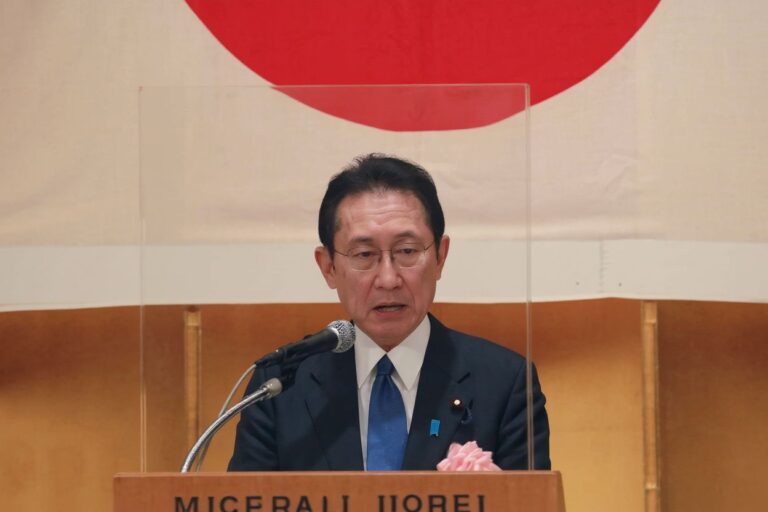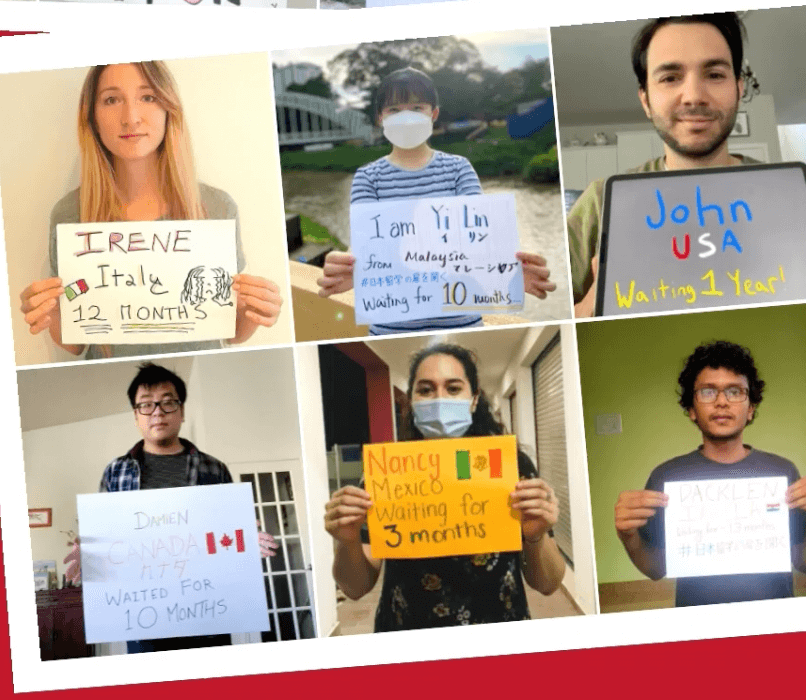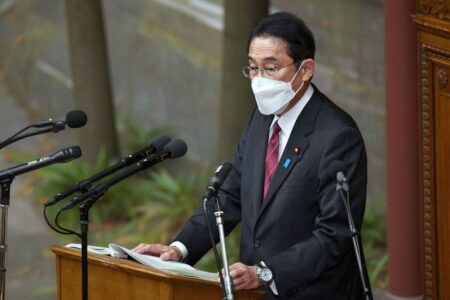
Thousands of international students continue to be affected by Japan’s entry ban. According to Nikkei Asia, only 228 foreigners could enter Japan last November, three of whom were international students. Other stranded students have little choice but to endure remote classes in different time zones.
Japanese Prime Minister Fumio Kishida was quoted saying in a report by The Japan Times last month that the country would extend its travel restrictions at least until early this year.
Japan’s entry ban is expected to impact foreign universities’ participation in exchange programmes in Japan. An exchange programme official at the Ministry of Education said: “We can’t say just let in exchange students under these circumstances.”
Japan’s entry ban: Exchange programmes to be affected
While many universities worldwide have resumed their exchange programmes, Japan remains the only G7 country to impose a full travel ban. The University of Tokyo sent 49 of its students abroad last year but took none in. “This is not the way student exchange programmes are supposed to work,” said the University of Tokyo coordinator.
Hiroshi Ota, a professor at Hitotsubashi University, was quoted saying: “Universities in English-speaking countries are particularly sensitive about imbalances in the number of exchange students.” Ota predicts that participating universities will cancel the acceptance of Japanese students under exchange programmes this fall semester.
Currently, Japan’s entry ban has been a source of frustration for many international students locked out of the country. Reports say the country’s border closure, in the long run, will affect Japanese companies, including their options to attract and hire global talent.
Japan’s travel ban has meant that universities abroad have stopped sending their students to the country. This includes the University of California, Johns Hopkins University, McGill University and the Australian National University.
With the number of international students on a steady decline in Japan, many stranded students have been actively petitioning the government to let them in. International student advocate Davide Rossi, the executive director of Open the borders to safe study in Japan Association that helps support international students and workers stranded outside Japan, is helping students.

International student advocate Davide Rossi, the executive director of Open the borders to safe study in Japan Association that helps support international students and workers stranded outside Japan, is helping students.
Source: Davide Rossi
His association aims to provide students with the latest news in Japan and public relations support activities concerning the immigration of international students.
“Just in July this year, there are about 170,000 stranded students waiting to re-enter Japan. What made things worse though, is that the country is still open to Japanese citizens and travellers that can still go abroad and come back — not to mention travellers from the Olympics in Tokyo,” Rossi told Study International in an interview last year.










